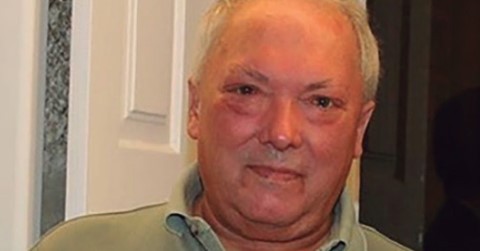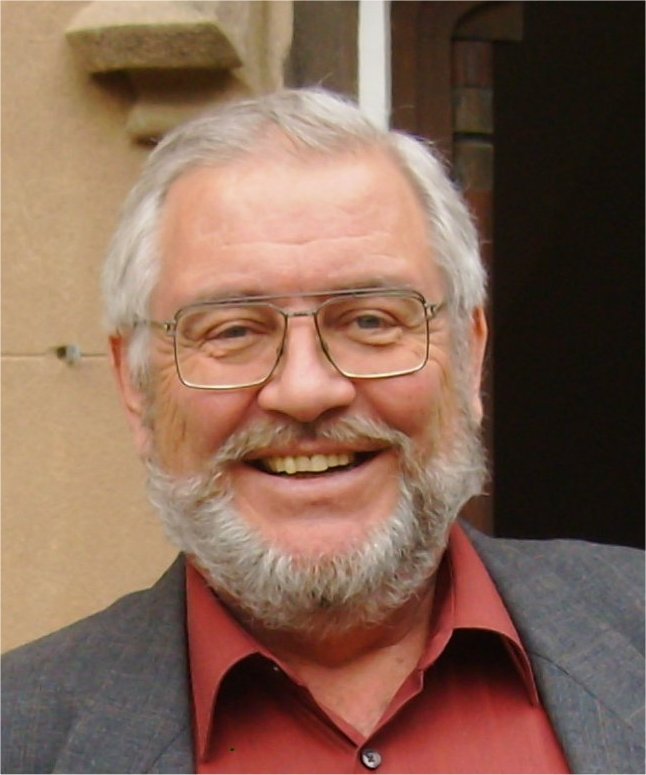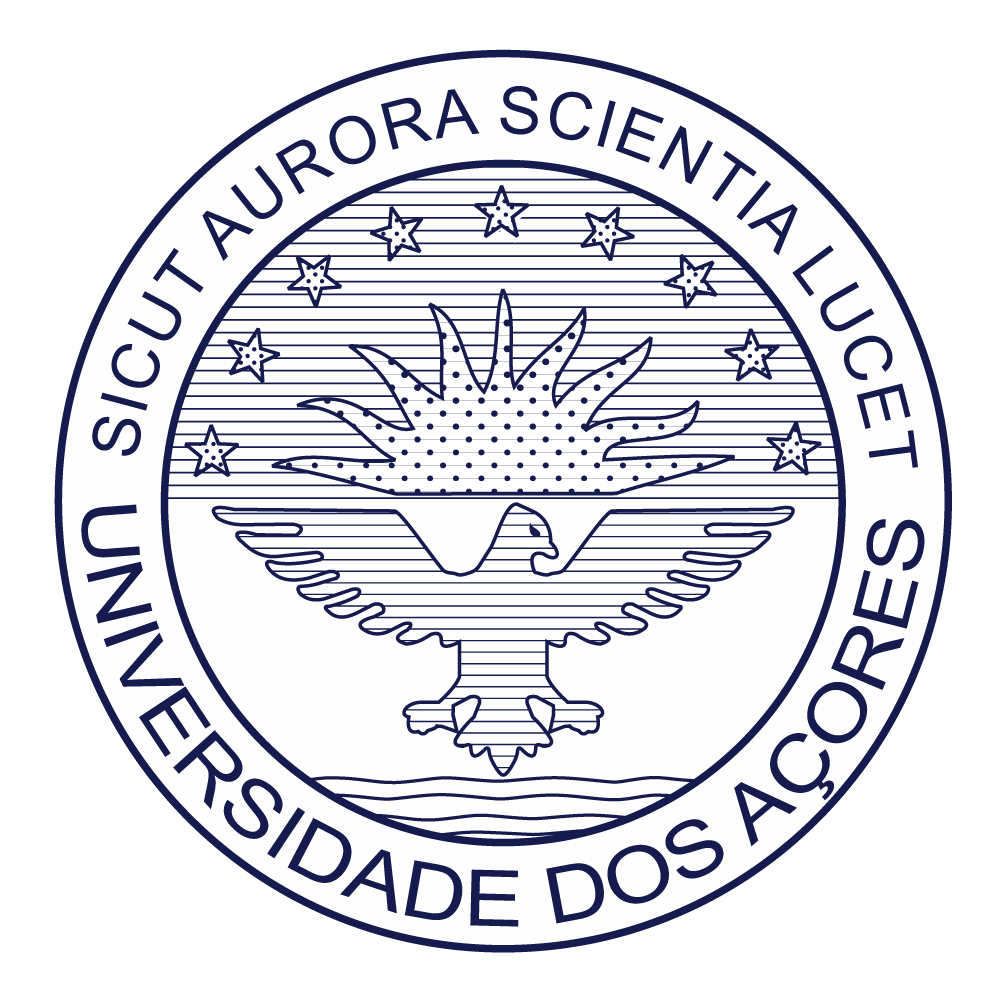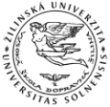Keynote
Behavioural Economics - Efficiency and Empathy in the Regulation of Organizational Attainment
Abstract
This work reports the founding of an Intelligent Computational Framework that uses Logic Programming based techniques to Knowledge Representation and Reasoning in order to set the structure of an Information System and the associate inference mechanisms that may help the human`s beings to better understand and to make economic decision-making. The universe of discourse is set as a function of the ability to make active the different elements of a work team through the regulation of their emotions and feelings, i.e., it is shown evidence on three classes of deviations from the standard model, namely non-standard preferences, non-standard beliefs, and non-standard decision-making, and their disproportionate impact on organizational outcomes.
Curriculum Vitae
José Neves is a retired Full Professor in Computer Science at the Department of Informatics at School of Engineering at the University of Minho and is a researcher at the ALGORITMI Centre (Portugal). He has his graduation in Chemical Engineering, MSc, PhD and Habilitation degrees, respectively from the universities of University of Coimbra (1976), Portugal, Heriot Watt (1981, 1983), Edinburgh, Scotland, and the University of Minho, Portugal (1988). He was the founder of the Artificial Intelligence (AI) area at The University of Minho which has now more than 70 elements among teachers (9) (including 5 Associate Professors with habilitation) and researchers, divided between the Engineering and Law Schools, who make available to the Academy disciplines in the area of AI such as Knowledge Representation and Reasoning, Intelligent Systems, Machine Learning and Natural Computing. He developed partnerships with Academia worldwide, namely with the Russian Academy of Sciences where, among others, was published the article Neves J., Smirnov E., Parametric Version Space Approach to Concept Learning, in Journal of Computer, System Sciences International (The Leading Journal of the Russian Academy of Sciences in Control and Systems), Vol. 37, pages 708-728, 1998, Scotland (Heriot-Watt University), Australia (Victoria University, Melbourne), Japan (National Institute of Informatics, Sokendai University), United States (University of New Mexico) and Spain (University of Salamanca), also with publications in well recognized journals as IEEE Intelligent Systems, Artificial Intelligence and Medicine, Artificial Intelligence and The Law, Neurocomputing, Journal of Autonomous Agents and Multi-agent Systems, IEEE Transactions Journal on Neural Networks and Learning Systems. He was also active with the PALOPs, namely in teaching and technology transfer.
He was co-author of the 1st version of the Diploma Supplement that follows the model developed by the European Commission, Council of Europe and UNESCO/CEPES, whose purpose is to provide sufficient independent data to improve the international 'transparency' and fair academic and professional recognition of qualifications. He was also Director of the Area of Informatics and Control and co-founder and Director of the MSc and PhD Programs in Biomedical Engineering (2008) and co-founder of the MSc in Law and Informatics (2011) at the University of Minho. He started his career with scientific research in the field of Computer Science, namely in the area of Artificial Intelligence and Machine Learning, with particular relevance in topics as Knowledge Representation and Reasoning and Evolutionary Computing. In his current prospects there is the intention to integrate sectors as Psychology, Economics and Computer Science, leading to significant developments in areas like health care, justice and management. He presents a curriculum with more than 350 articles indexed mainly by Scopus in leading journals and conferences; it must stressed the article Mendes R., Kennedy J., Neves J., The Fully Informed Particle Swarm: Simpler, Maybe Better, Journal of the IEEE Transactions of Evolutionary Computation, 2004, being cited by Scopus (1083), Google Scholar (1587) and Web of Science (792). He has led and participated in several research projects sponsored by portuguese and European public and private Institutions and supervised 23 PhD and more than 18 MSc students. He is a member of APPIA (Portuguese Association for Artificial Intelligence), and member of ECAI. With respect to the projects referred to above it must be emphasized their impact in our days lives and pioneers in areas like Medicine ("O Dermatologista digital de Braga ‐ Diagnosticar o melanoma e outras doenças da pele é agora mais fácil graças a um programa informático que imita o funcionamento do cérebro" ‐ VISÃO 3 de Agosto de 2000), Justice ("A caminho da cibernética ‐ Uma página "online" do Ministério da Justiça estará disponível já a partir de terça-feira. O "site" dará acesso a 18 bases de leis e jurisprudência" ‐ Diário de Notícias, Domingo, 15 junho 1997). It must be said that as a lecturer, he was one of the first drivers of the provision of services outside the university and at the time he was criticized for taking such an initiative. He focused on the areas of Justice (e.g., Braga`s Court, Portugal, Prosecutor General of Macao), Industry (e.g, textile and footwear), Medicine (e.g., main healthcare facilities in Portugal), having received several hospital awards (Prémios Hospital do Futuro 2008/2009, 2007/2008, 2006/2007, Prémio Boas Práticas em Saúde 2014, Portugal Digital Award 2016). He also organized several national and international events, namely two Portuguese meetings of the Portuguese Conference on Artificial Intelligence (EPIA).

The University of Minho Braga, Portugal
Invited Speaker
MiniGrids to SmartGrid: Integrating Unpredictable Energy Sources
Abstract
Electrical power grids of our time are still operating according to ideas born in the second half of the 19th century. Patent of the rotating consumption counter is dated to 1872. That time all the urbanized services (running water, sewage, electricity, gas etc.) were strictly centralized.
Nowadays we are getting used to distributed, locally organized, reliable and partly independent services, which are able to survive the crash of the centralized ones providing the most important functions on a local basis. People would like to have renewable, clean energy at least partially to supply their homes. They invest into photovoltaic panels, windmills, etc. and what is indispensable in case of unpredictable sources ‐ significant local energy storage.
There are many ways to store energy. The most effective methods will be discussed. Thanks to the exploding amount of smart electronic devices, the Li-Ion technology is developing fast gaining large share, even if the pumping plants (large scale) or NaS batteries (smaller scale) are more promising and efficient.Anyway, the network structure of the 19th century becomes more and more obsolete and unable to give proper answers to the emerging new ideas and needs. We should have a continuous, uninterrupted and reliable transfer to SmartGrid, which should easily and efficiently incorporate all kind of efforts, independent local solutions.
Meanwhile, MiniGrids can be formed first to promote the smooth transition to the new methods, to the SmartGrid. For us, people dedicated to simulation is important that all the transients and solutions are certainly to be checked by simulation first because the extremely high investment costs of the electrical energy industry. It can be a huge task for the years to come.
Curriculum Vitae
Janos Sebestyen Janosy is working for the AEMI Nuclear Energy Engineering Office Company Limited since 2014 after retiring as a Senior Adviser of the Centre for Energy Research of the Hungarian Academy of Sciences (HAS). He is a Senior Researcher since 1974, former Head of the Simulator Development Department 1994-2011, Senior Consultant to the Technical and Scientific Support Organization since 2012. He is "Honorary Life Fellow" of the UK Simulation Society. He was awarded by the Eugene Wigner prize (founded by HAS) in 2016.
J.S. Janosy has published over 70 scientific publications in international journals and conferences. His main scientific interests: modeling and simulation, real-time simulation and simulators, nuclear, fossil and renewable energy production, energy distribution, smart electrical grids and energy storage.
He participated, and later managed several industrial projects connected to the mentioned topics. He is married having two grown-up married daughters, and four grandchildren. He is a Ham Radio operator (radio amateur) since 1965, mostly on short-wave bands with call sign HA5GN. He is active in shooting sports.




